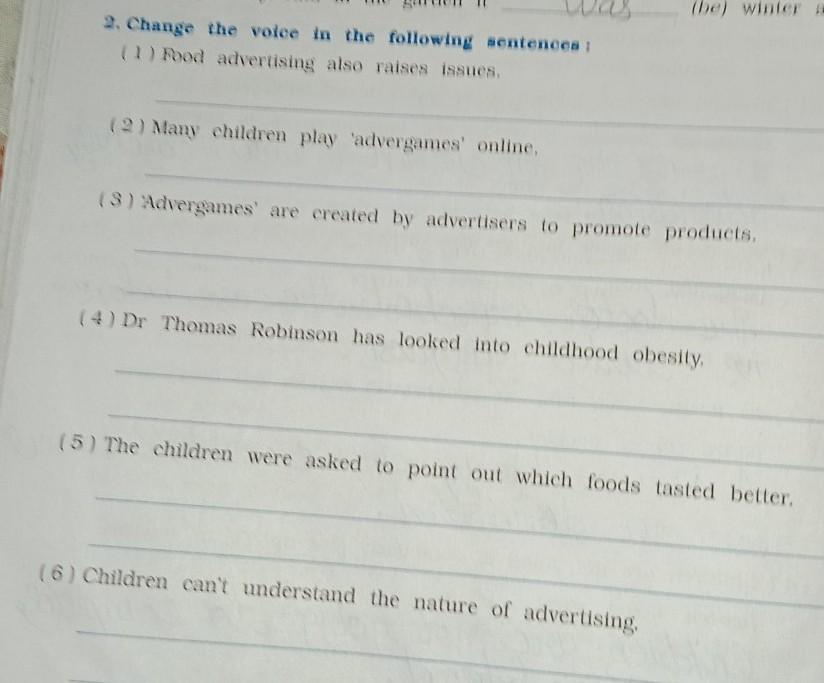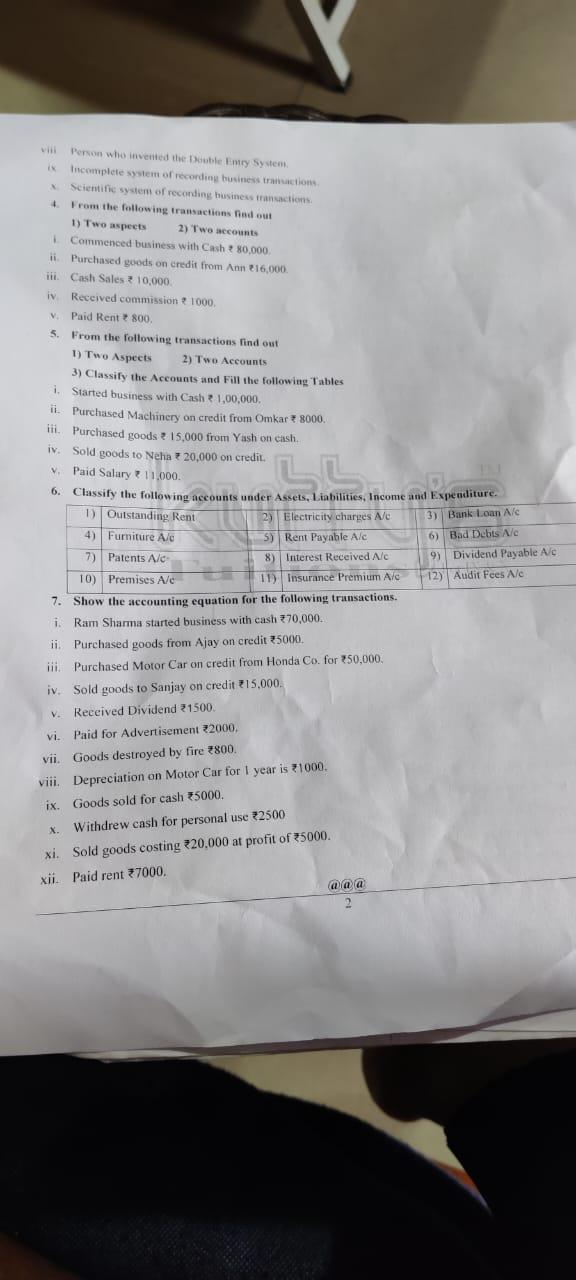3. Find the median of the given data 25, 28, 90, 75, 36, 72, 44, 30, 43, 88
Answers 1
Answer:
Follow these steps
1. If the number of values we have are even than take two middle numbers
2. According to question , our middle numbers are 36 , 72
3. Add these numbers
4. 36 + 72 / 2
5. 108 /2
6. 54 = Answer
Your answer is 54
Step-by-step explanation:
I hope it would be helpful to you dear
Thanks so much doot-
Author:
dixiehays
-
Rate an answer:
6
If you know the answer add it here!
Choose a language and a region
How much to ban the user?
1 hour
1 day
100 years


